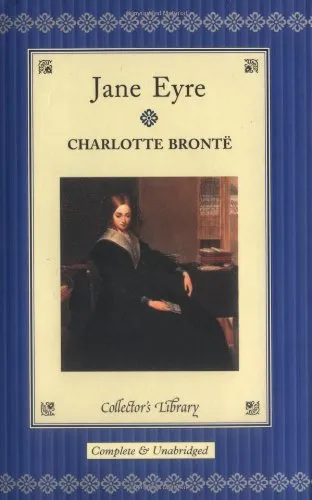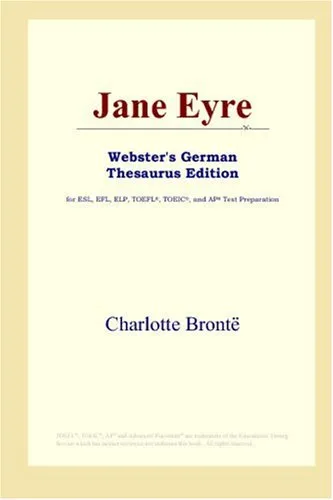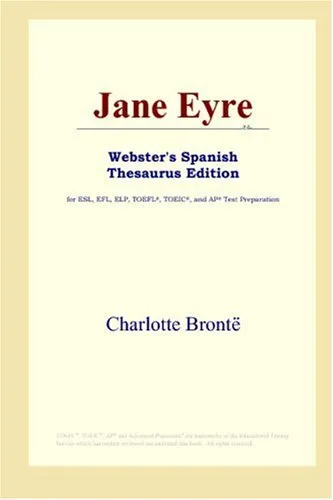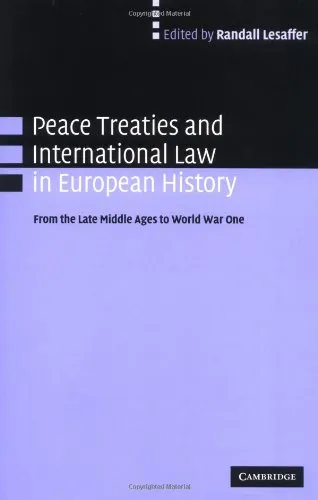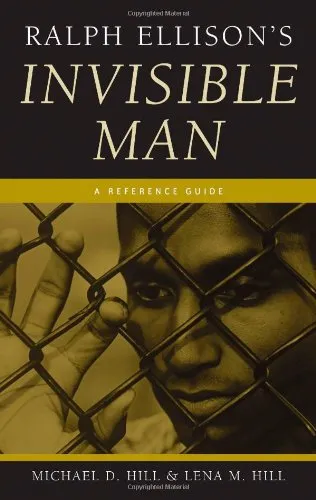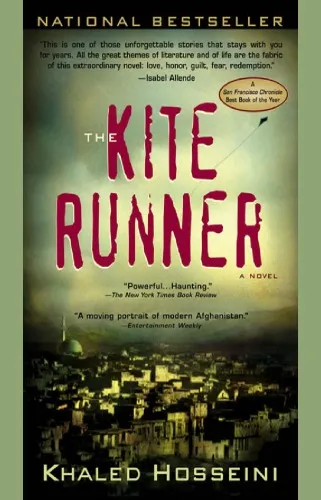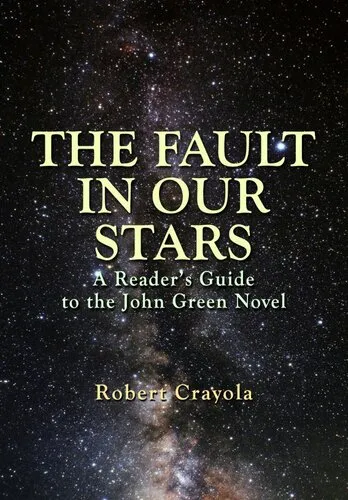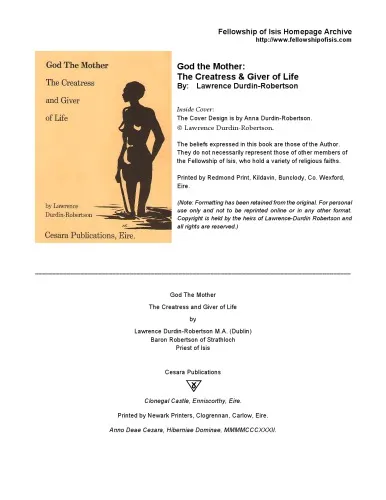Jane Eyre (Collector's Library)
4.2
Reviews from our users

You Can Ask your questions from this book's AI after Login
Each download or ask from book AI costs 2 points. To earn more free points, please visit the Points Guide Page and complete some valuable actions.Related Refrences:
Persian Summary
Introduction to "Jane Eyre (Collector's Library)"
Welcome to the enchanting world of "Jane Eyre," a timeless masterpiece by Charlotte Brontë, revered for its powerful narrative and captivating characters. This introduction aims to provide an insightful overview of this classic novel, explore its themes, share famous quotes, and illustrate why this book continues to matter today.
Detailed Summary of the Book
Published in 1847, "Jane Eyre" is a pioneering work of literature that intricately weaves the journey of its protagonist, Jane Eyre. The novel opens with Jane as an orphaned child living with her cruel aunt, Mrs. Reed, at Gateshead Hall. Jane's resilience is tested as she is subjected to neglect and harsh treatment. Eventually, she is sent to Lowood School, an institution known for its severe discipline. Despite these challenges, Jane excels academically and forms a close friendship with Helen Burns, whose untimely death leaves a profound impact on her.
As Jane matures, she secures a position as a governess at Thornfield Hall, where she encounters the enigmatic and brooding Mr. Rochester. Their complex relationship evolves amidst hidden secrets and growing tension, culminating in an unsuccessful attempt at marriage when Jane discovers Rochester’s existing marriage to the mentally ill Bertha Mason.
Distraught and conflicted, Jane leaves Thornfield and finds refuge with the Rivers siblings, who later turn out to be her cousins. She inherits a significant fortune from a distant relative, which empowers her to return to Thornfield. To her devastation, she discovers that the estate has been destroyed by fire, leaving Rochester injured and blind. In an act of selfless love, she reunites with him, leading to a joyfully consummated union marked by redemption and newfound hope.
Key Takeaways
"Jane Eyre" is renowned for its exploration of themes such as independence, morality, social class, and gender roles. Jane embodies a fiercely independent spirit, consistently seeking autonomy and challenging societal norms. Her moral integrity and resilience highlight the intrinsic human struggle for self-realization and respect. The novel also critiques the rigid class hierarchy and oppressive gender constraints of Victorian society, making it a vehicle for progressive thought.
Famous Quotes from the Book
- "I am no bird; and no net ensnares me: I am a free human being with an independent will."
- "Do you think I am an automaton? — a machine without feelings?... Do you think, because I am poor, obscure, plain, and little, I am soulless and heartless? You think wrong!"
- "I would always rather be happy than dignified."
- "Reader, I married him."
Why This Book Matters
"Jane Eyre" remains a pivotal literary work due to its daring portrayal of a woman's quest for identity and equality. Charlotte Brontë's groundbreaking narrative and vivid characterizations continue to resonate with readers, inspiring dialogue about the role of women in society and the importance of personal freedom. Its enduring appeal lies in how it intertwines romance, horror, and social criticism within a Bildungsroman structure, offering a lens to examine individual growth against the backdrop of justice and familial pressure.
The novel's profound impact on literature and its unwavering popularity underscore its relevance today, offering insights into the human condition and the timeless struggle for self-worth and love.
Free Direct Download
You Can Download this book after Login
Accessing books through legal platforms and public libraries not only supports the rights of authors and publishers but also contributes to the sustainability of reading culture. Before downloading, please take a moment to consider these options.
Find this book on other platforms:
WorldCat helps you find books in libraries worldwide.
See ratings, reviews, and discussions on Goodreads.
Find and buy rare or used books on AbeBooks.
1569
بازدید4.2
امتیاز0
نظر98%
رضایتReviews:
4.2
Based on 0 users review
Questions & Answers
Ask questions about this book or help others by answering
No questions yet. Be the first to ask!
